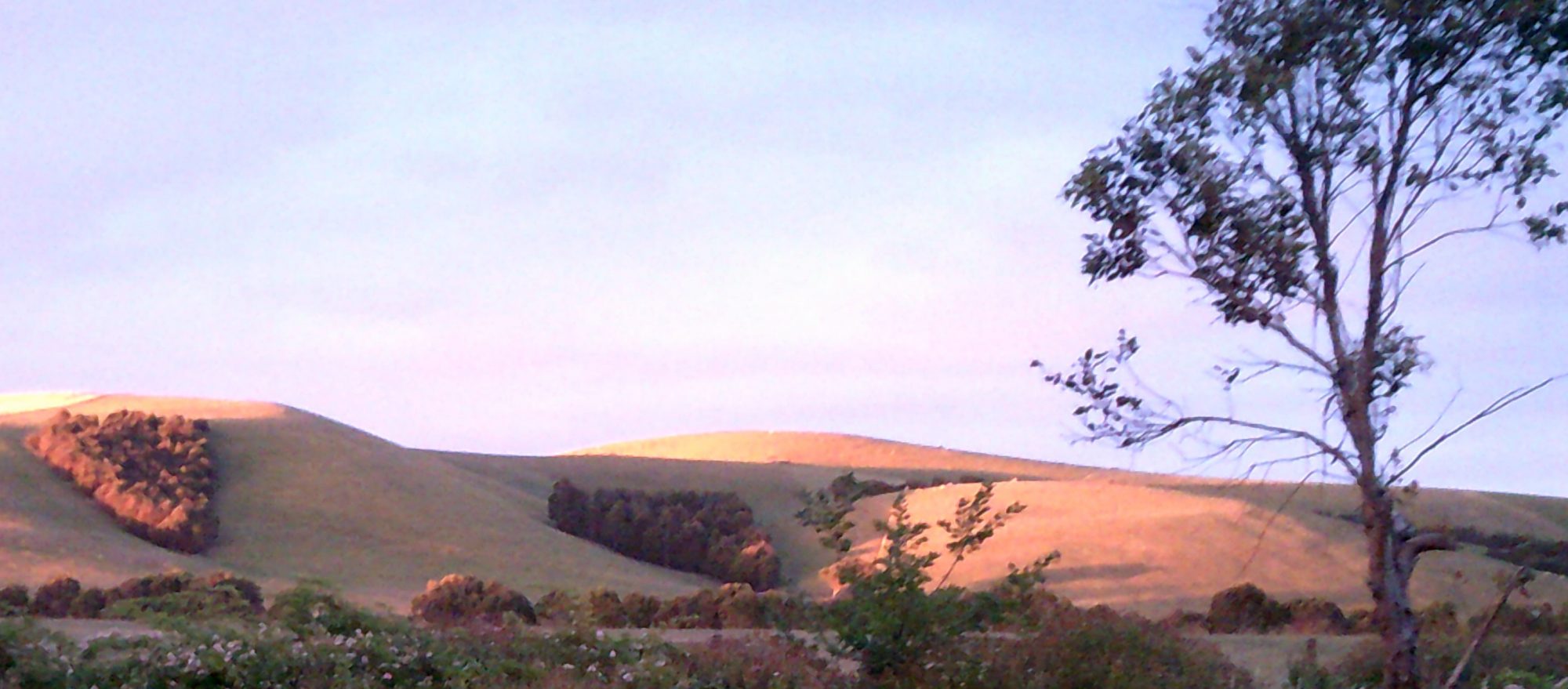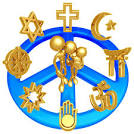 Picture courtesy of Reform Judaism.org.
Picture courtesy of Reform Judaism.org.
With elections in Australia pending, I was prompted to think about what it means to live in a country espousing national self-determination. Taking the American Declaration of Independence (Australia’s nearest facsimile on Rights) as an example one reads, “that all men are created equal, that they are endowed by their Creator with certain unalienable rights, that among these are Life, Liberty and the pursuit of Happiness”. This Declaration assumes that all men (and today, all women) are rational human beings, thus they can create any form of government they wish, be it Communist, Fascist, Christian, Islamic, theocratic, whatever. This doctrine has set out the principles of normal democracy and political freedoms, but not all governments share the same meaning of normal democracy. Thomas Jefferson, for example, understood the Declaration as containing certain norms that also enabled governments without consent, to govern over ethnic groups in a manner that denied self-determination. This brings to mind the view held by John Stuart Mill in his work On Liberty, Mill writes:
“Despotism is a legitimate form of government in dealing with barbarians, provided the end be their improvement and the means justified by actually effecting that end”. [1]
Few people would agree with this today and it follows that for some governments the right to self-determination is not absolute. A case in point being Israel, a nation that has been accused of preventing self-determination to the Palestinians and hence invoking an ensuing struggle over who has rights to the territory known as the West Bank. Once again, some clarity is needed since there is a significant Arab vote in Israel that keeps the system in play. Why? Because most Jews and Arabs want peace.
The West Bank is the Biblical land of Judea and Samaria. When the First World War ended, thus ending the Turkish Empire, the allied powers signed an international treaty known as the Mandate for Palestine. In the context of the League of Nations (now the United Nations) this Mandate was recorded as international Law. This document formalised in the Balfour Declaration, acknowledged the Jewish people as the rightful descendants of Palestine, which in turn, provided grounds for establishing a Jewish homeland (Jewish State). Civil and religious rights in Palestine were still guaranteed to non-Jews, but at no time were Arabs, Christians or any other non-Jews recognised as having rights to any part of Palestine. The Mandate for Palestine remains valid in International Law today.
Following John Stuart Mill’s definition of normal democracy and the International Mandate, Israel’s government is fully within its rights to govern over all of Palestine and it might have done so following Israel’s victory in the Six Day War. However, this was not the case, Israel chose contemporary normless democracy leading everyone to believe that the democratic principle should allow Palestine the right to independent statehood. The problem is the Arab states do not believe in democracy.
Israel faces a double bind that harks back to the words of the prophets. Isaiah prophesies that in “the end of days”, Israel will be ruled by fools, by a government so deranged that it calls evil good and good evil (3-4, 5-20, 44-25). Both the Mishna and Talmud concur with this view. The Middle East is wrought with the clash of civilisations and a scenario that is not new. We have seen the massive destruction of ancient buildings and cultures across the Arab world, to what avail? What if Jerusalem was to be once again levelled to the ground?
For devout Jews, the news is not all bad. According to Rabbi Akiva, the destruction of Temple Mount will lead to Redemption, (the three most important components of Judaism are Creation, Revelation and Redemption). However, we as global citizens should view this as a serious dilemma. This struggle is much more than a squabble between brothers. The destruction of people and places is part of a much bigger picture pertaining to what, we as humans are doing to the planet and its treasures. War is the greatest form of pollution and the ultimate form of global destruction. Before any kind of self-determination comes unity. Without unity there is little hope of survival, be we Jews, Gentiles or Arabs,
[1] John Stuart Mill On Liberty
.

